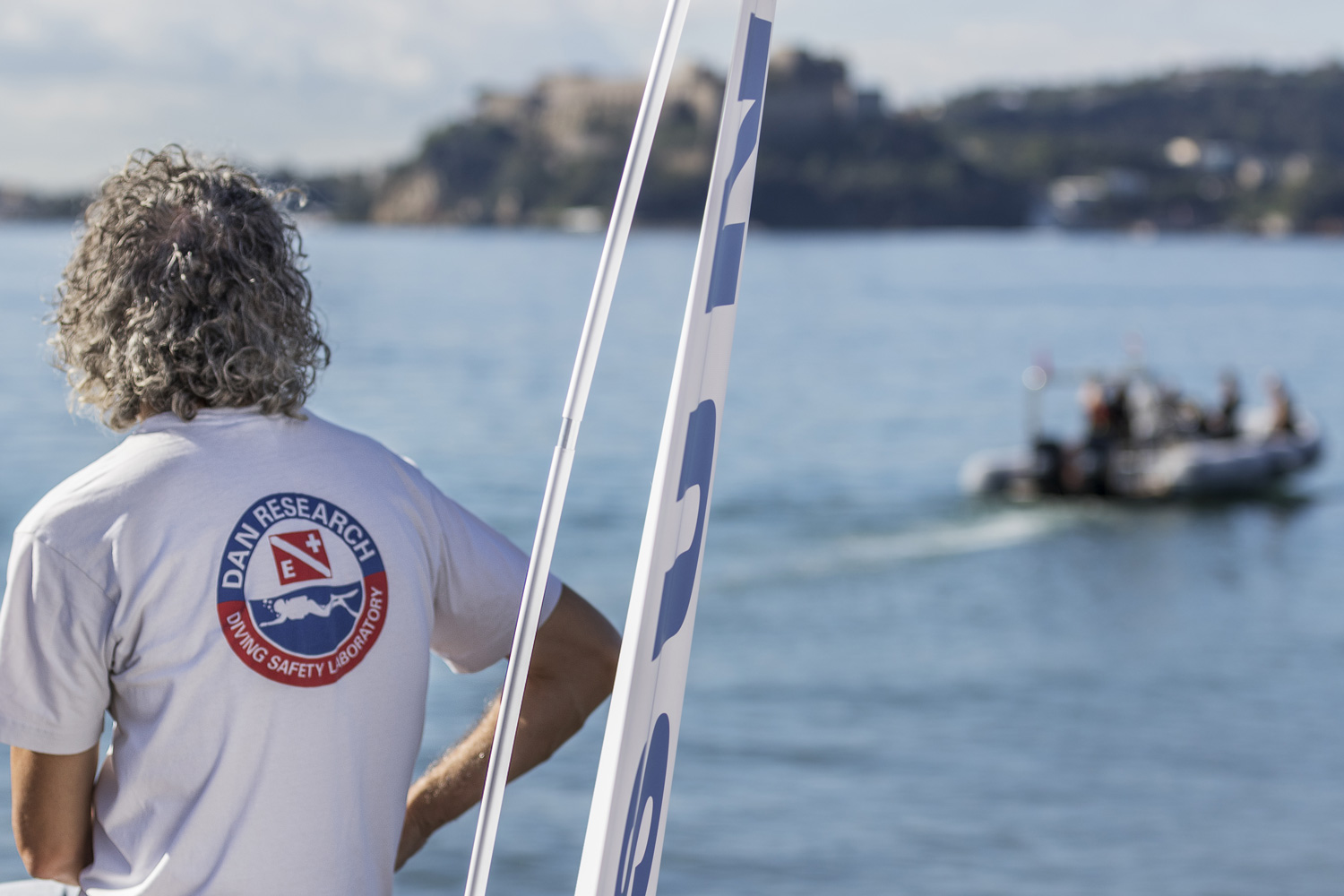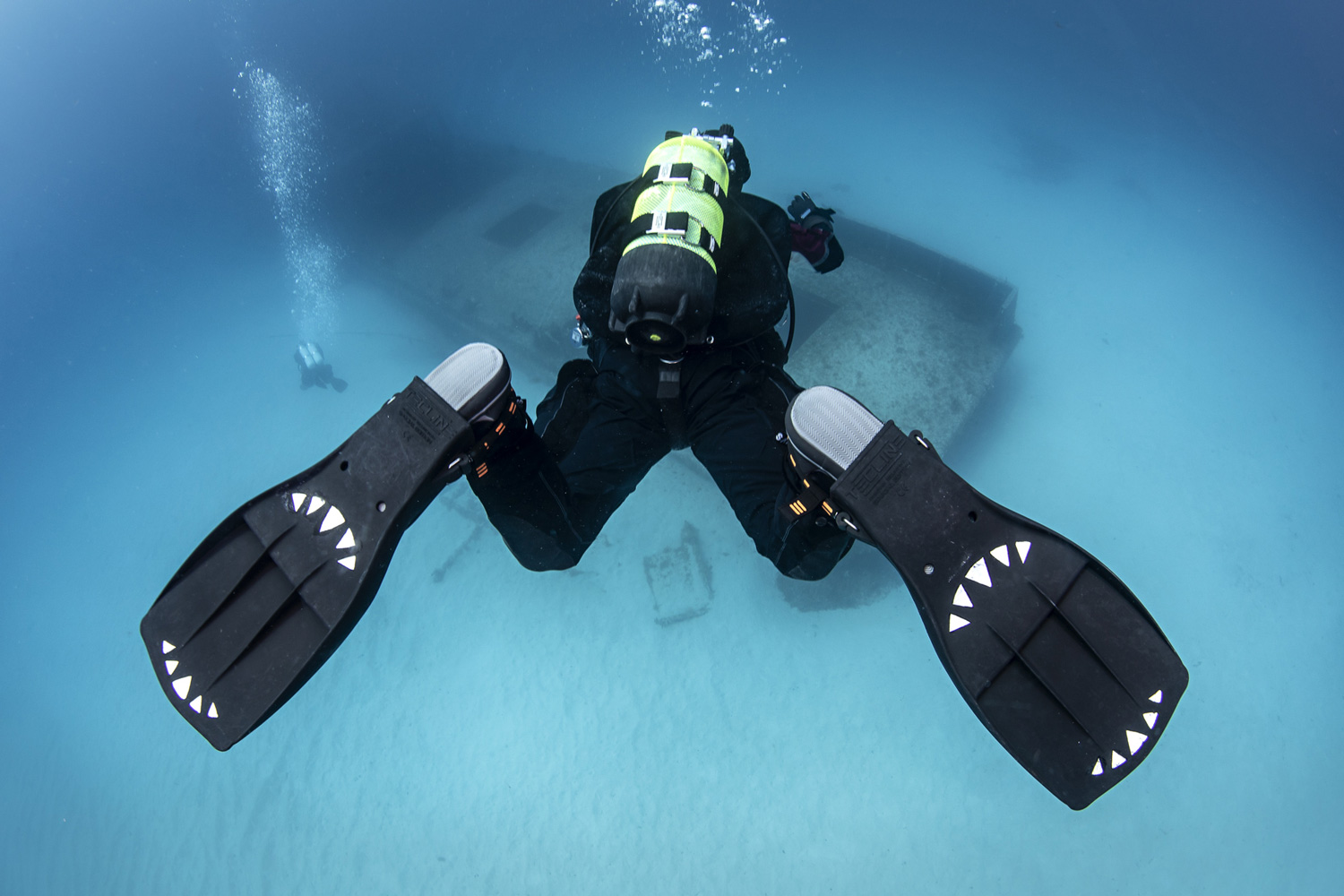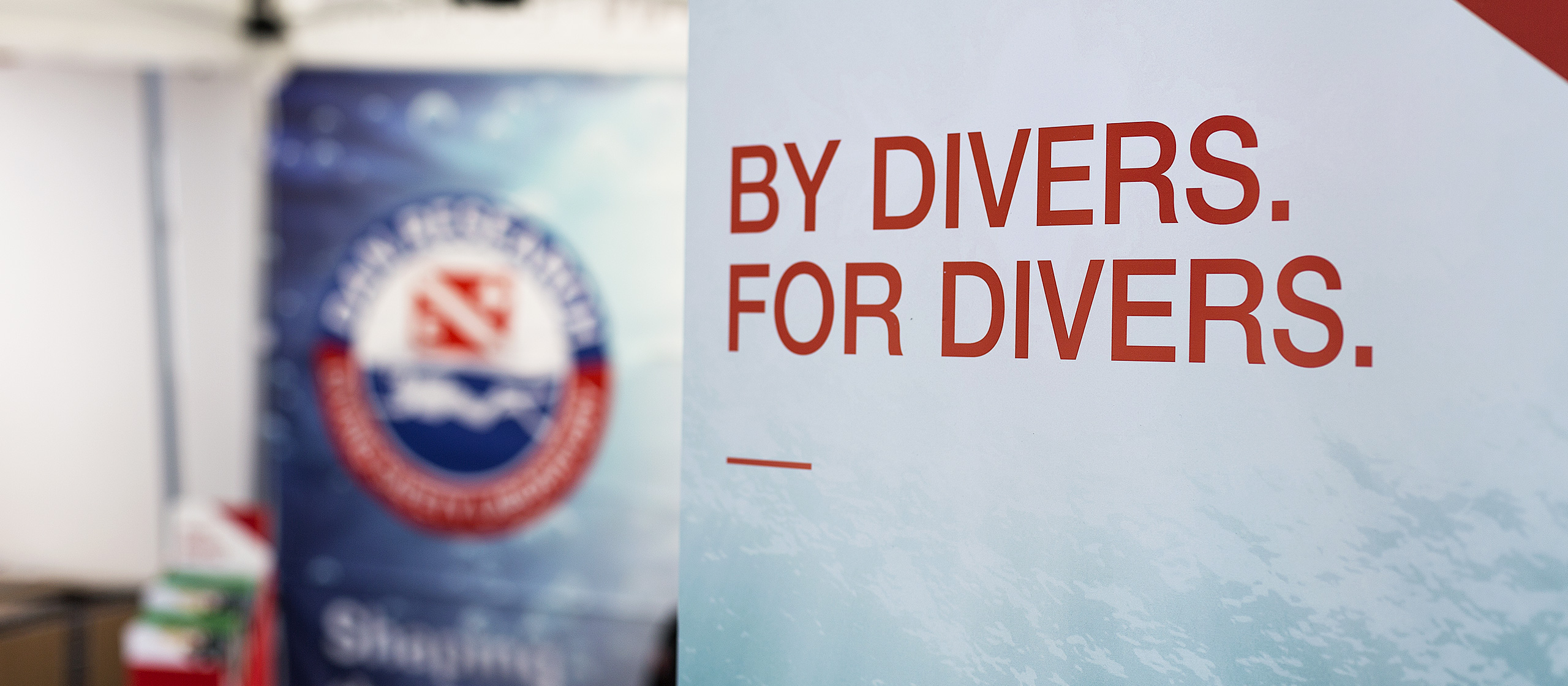Safety
Safety is an attitude
We take diving safety very seriously and our actions and research, ever since the start of DAN Europe back in 1983, made it possible to book great results.
From our side we increase diving safety by doing, promoting or providing:
- Diving medical assistance
- Scientific Research
- First Aid Courses
- Safety Campaigns
- Safety Projects
- Safety Resources
As a result, DAN became a synonym for Diving Safety, on a global level.

What you don’t know can hurt you
However, our efforts would mean nothing if we would not have shared our knowledge with divers, so they could apply this knowledge and become safer divers. This is what happened the last 35 years, but we are not there yet. Although diving is a safe sport, there also is a negative side to this feeling of safety. When something is seen as safe, there is a risk that safety principles aren’t any longer respected. The “nothing will happen” attitude kicks in, and we start making exceptions to the rules. Might it start with “50 BAR left in our Cylinder? OK, another 10 minutes at 5 meters does not harm”, but it can also end with an emergency. There is nothing strange about it, and it is not only limited to diving. We do it with many things in life: not respecting a speed limit, not wearing a motorcycle helmet, or not using personal protective equipment at work. You know where we have the feeling of safety, we start lowering our alertness. And this is the moment where risks start increasing again, or things can get dangerous.
Let us also remember the importance of experience. Doing a course or a specialty doesn’t make you an expert but provides you with a solid base to start from. Experience will come over time and not after 10 or even 20 dives. Your confidence will grow with your experience, until such moment you feel so confident that you might lower safety standards again. You shouldn’t respect standards just because you are not yet experienced enough or because you don’t feel confident or safe, but you should recognize them always. This requires a certain attitude – “a safety attitude.”

The last couple of years I have been talking a lot with divers about our “Don’t get lost” safety campaign and what always amazed me when talking about the use of safety materials or procedures, was that many experienced divers replied it would not happen to them and don’t need any extra materials or rules, or that they have been doing fine without those safety materials or procedures in the past. It was also interesting to hear that some of those who carried an SMB where convinced that a small SMB would resolve all their problems, and never even considered other materials. Several even carried an SMB “because they had to,” not because they understood the real need. It takes a half a minute to show the limits of the SMB and to have them start thinking about alternatives. Another example, funny and sad at the same time, were justifications of divers why they don’t perform buddy checks. Divers can come up with the weirdest stories to explain why they are not doing them, but the most heard reason is that they know what they are doing or checking themselves is the same. It’s like a human error not being considered anymore. What I also noticed was that those who were involved in an emergency, either as the victim or a bystander, looked at these things from a different angle and, to be better prepared in case an emergency happened again, paid more attention to details. But one shouldn’t wait for an accident/emergency to occur before he/she changes his/her attitude towards diving safety.

Dive Centre or personal responsibility?
Without a doubt, dive centres should adopt safe diving principles and do all that is possible to avoid accidents in and outside the water. You should expect from the dive operator or pro to do all that is possible to provide you with a safe diving environment and offer you a dive at your level of experience. But divers also have responsibilities.
Being aware of the risks, knowing your limits, building experience, seeking continuous education, proper gear maintenance, proper dive planning, respecting safety standards is all part of the safety culture and the right attitude good divers should have.
Having a good physical condition is also not to be underestimated. In the most recent dive accident and fatality statistics from DAN America, you can see that health problems were the primary trigger for diving fatalities, followed by “low on air” situations and panic. This made drowning the leading cause of death, and the leading disabling injury that led to death was heart problems. The vast majority of victims were 40 years of age or older, and a significant majority were 50 years or older. Time doesn’t stop, neither for experienced divers and although there is no actual “biological” age limit, it is recommended that from the age of 40 the diving medical examination, should be more thorough and even more so after the age of 55. But we shouldn’t concentrate on generation only. Being physically fit is as important, also for the younger divers. Divers should have enough aerobic capacity and physical strength to perform a surface swim, to help a fellow diver, or to swim against a current. The last thing you want is getting out of breath, which can lead to stress and panic, with all the negative consequences that can follow.

Becoming a safer diver
DAN Europe will continue to make diving safety information available, but the right safety attitude has to come from the diver itself. Therefore, the new DAN safety campaigns and projects are focused on the safety attitude divers (recreational and pro’s) should adopt to make diving ever safer and avoid accidents from happening.

